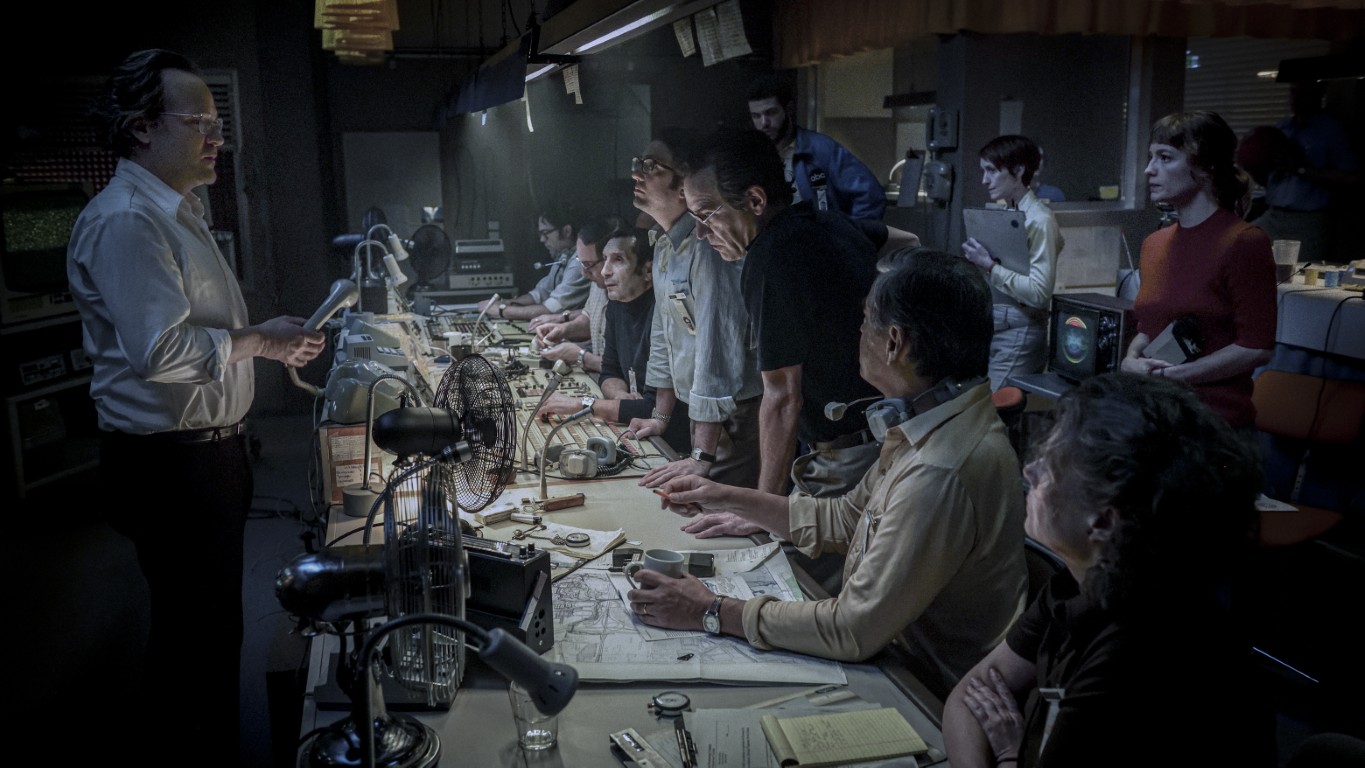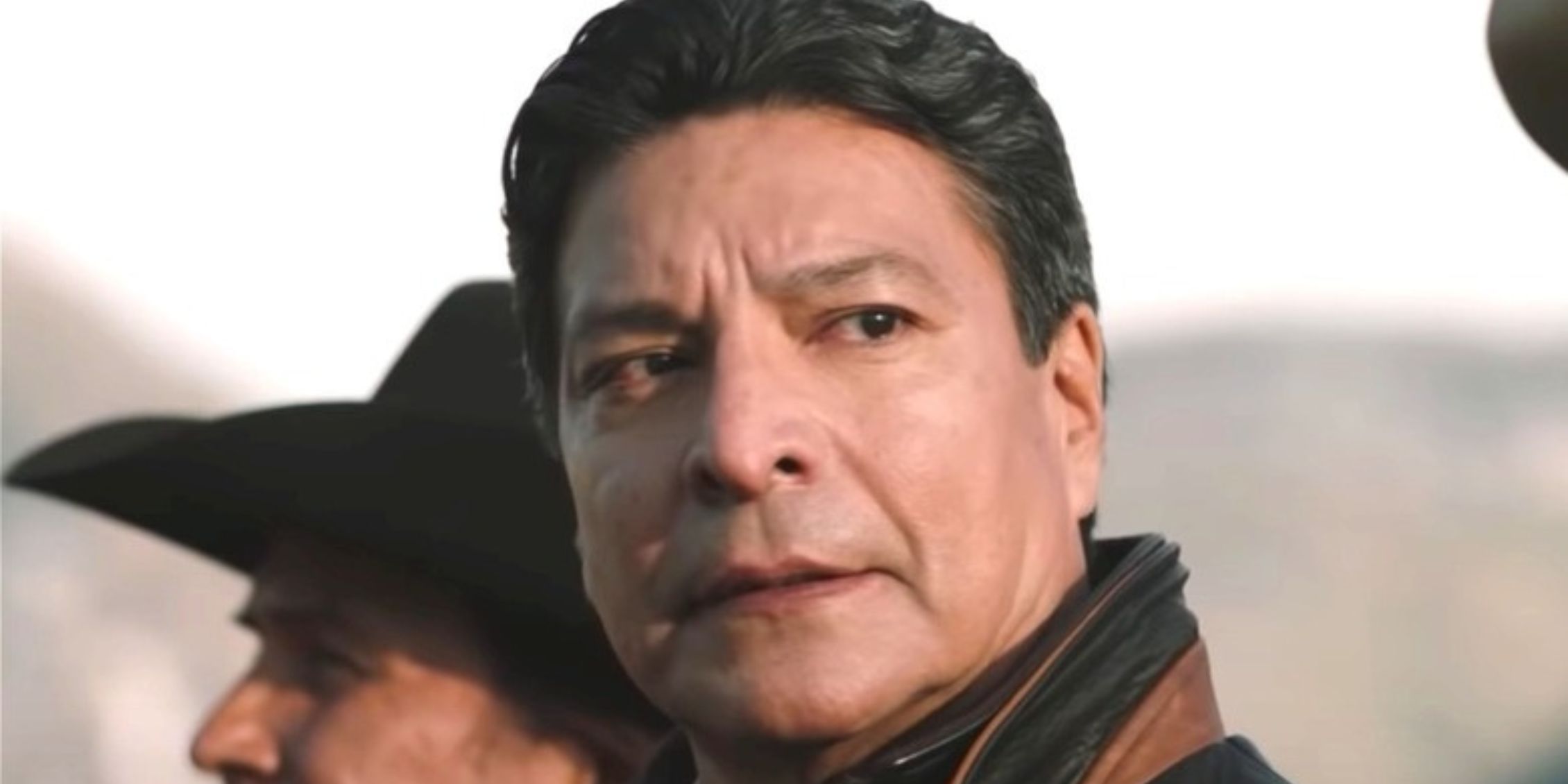Director Taika Waititi fearlessly plunges into the grim undercurrents of World War II history with his film “Jojo Rabbit” (2019), ingeniously juxtaposing satire, humor, and extraordinary drama. With this dizzyingly original 108-minute motion picture, Waititi surely proves his mastery in creative storytelling, showing the true power lies in the hands of the fearless.
The narrative brilliantly articulates war’s desolation from a child’s perspective—Jojo Betzler, a ten-year-old member of the Hitler Youth, roguishly played by Roman Griffin Davis. Jojo stumbles upon a hidden Jewish girl in their house, severely challenging his Nazi indoctrination. Waititi’s audacious choice to depict Hitler as Jojo’s wildly eccentric imaginary friend, played by Waititi himself, warrants commendation. His surprise casting delivers an ostentatiously absurd mishmash of blind fanaticism and boisterous comedy.
The movie skillfully illustrates the innocence of children forced to grow up in an era of hatred. Davis embodies Jojo impeccably with his mix of naive enthusiasm and heartbreaking vulnerability. He elegantly transitions through a spectrum of emotions, capturing his character’s internal struggle between blind faith and budding empathy.
Another extraordinary spectacle is Thomasin McKenzie in her depiction of Elsa, the secret Jewish fugitive. McKenzie portrays Elsa with a resilient spirit that stands undefeated, notwithstanding the circumstances. She provides a strong contrast to Jojo’s naive fanaticism, pushing him to confront his warped views.
Scarlett Johansson plays Jojo’s mother Rosie. She is the film’s heart and soul, breathing life into her character and embodying a mother’s loving yet rebellious spirit perfectly. The vivacious dance she shares with a despondent Jojo is one of the most touching scenes in the film and is a testament to Johansson’s versatility as an actress.
The outrageous humor, however, does not conceal the depth of the message underlying this brilliant satire. Viewers witness through Jojo’s journey the repercussions of blind fanaticism, the consequences of ignorance, and the futility of war. The film exposes the power of propaganda and incisive fear upon young minds, the hefty prices paid in its snare, and the seeds of humanity that survive through it all.
What sets “Jojo Rabbit” apart from the usual war dramas is its vibrant color palette, lively visual narrative, and gleeful 60s pop soundtrack. Waititi turns down the otherwise dull colors of war and replaces them with beautifully vivid hues, giving the movie, ironically, a cheerful backdrop. The Beatles’ German rendition of “I Want to Hold Your Hand” accompanying the opening sequence, where young Germans dart enthusiastically towards a Hitler rally, was a clever stroke to illustrate the Beatlemania-like frenzy. Waititi’s choice to employ playful and lighthearted elements only intensifies the impact of the story’s darker moments.
The satirical element also deserves praise. The caricatured portrayal of Hitler and the Nazis, as seen through a young boy’s imagination, evokes laughter but also serves as a stark reminder of the monstrosities. Sam Rockwell, Rebel Wilson, and Alfie Allen’s satirical portrayals of Nazi officers also add to the film’s rich humor, balancing the gravity of the narrative with light-hearted ridicule.
Waititi’s adaptation of Christine Leunens’s novel “Caging Skies” is a gutsy, critical triumph. It does not merely flip the coin but rather throws it entirely out of the frame, thus offering a profoundly unconventional perspective of a dark historical period.
“Jojo Rabbit” is an emotionally jarring, riotously funny, and a gloriously unconventional film that bleeds courage and creativity. The wit and warmth it encapsulates blur the lines between laughter and tears. It brilliantly showcases the horrific reality of war but on a canvass of unwavering hope, driving home the message that love will always triumph over hate—an absolute must-watch in these testing times. Waititi has unquestionably created a masterpiece that showcases the courage to laugh in the face of darkness while reminding us of the power of compassion.



Leave a Comment